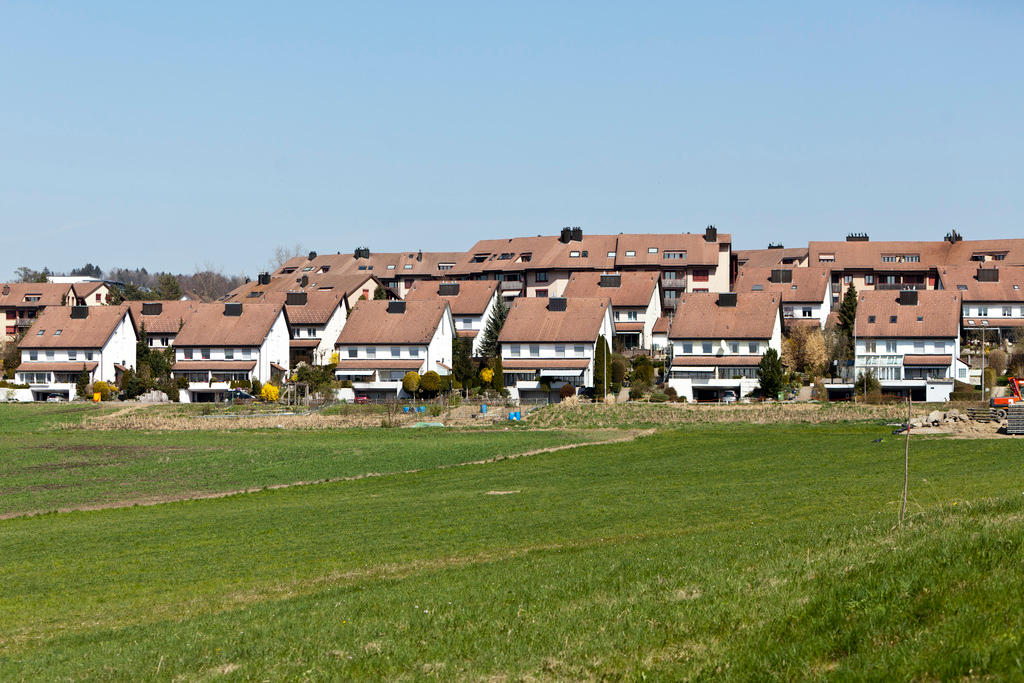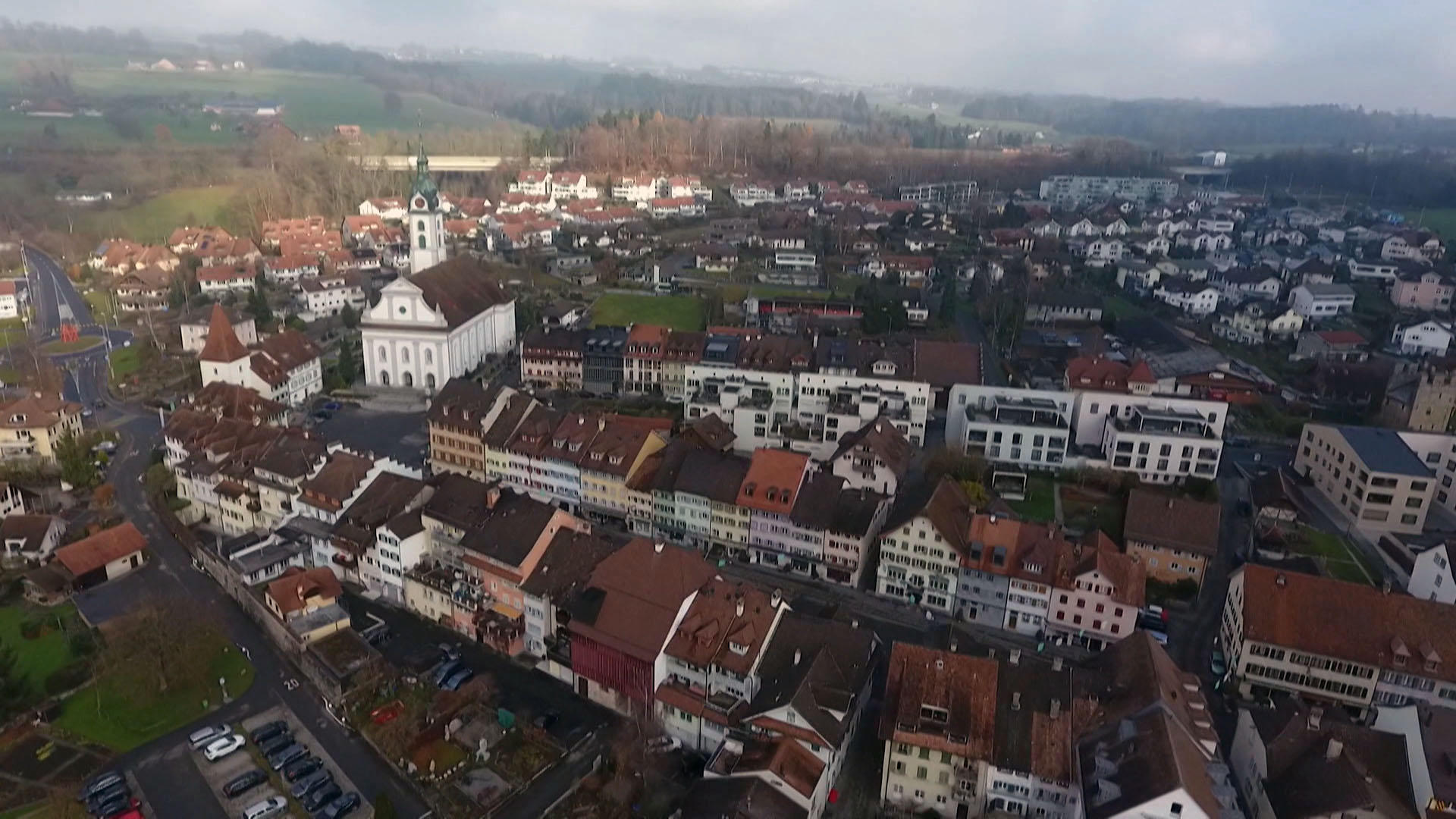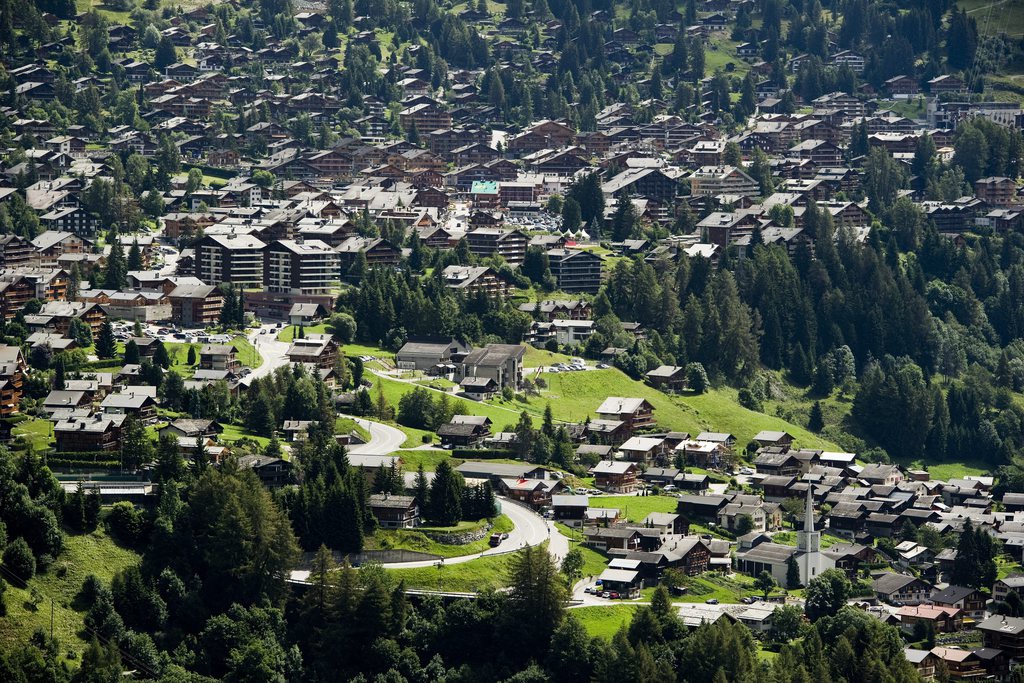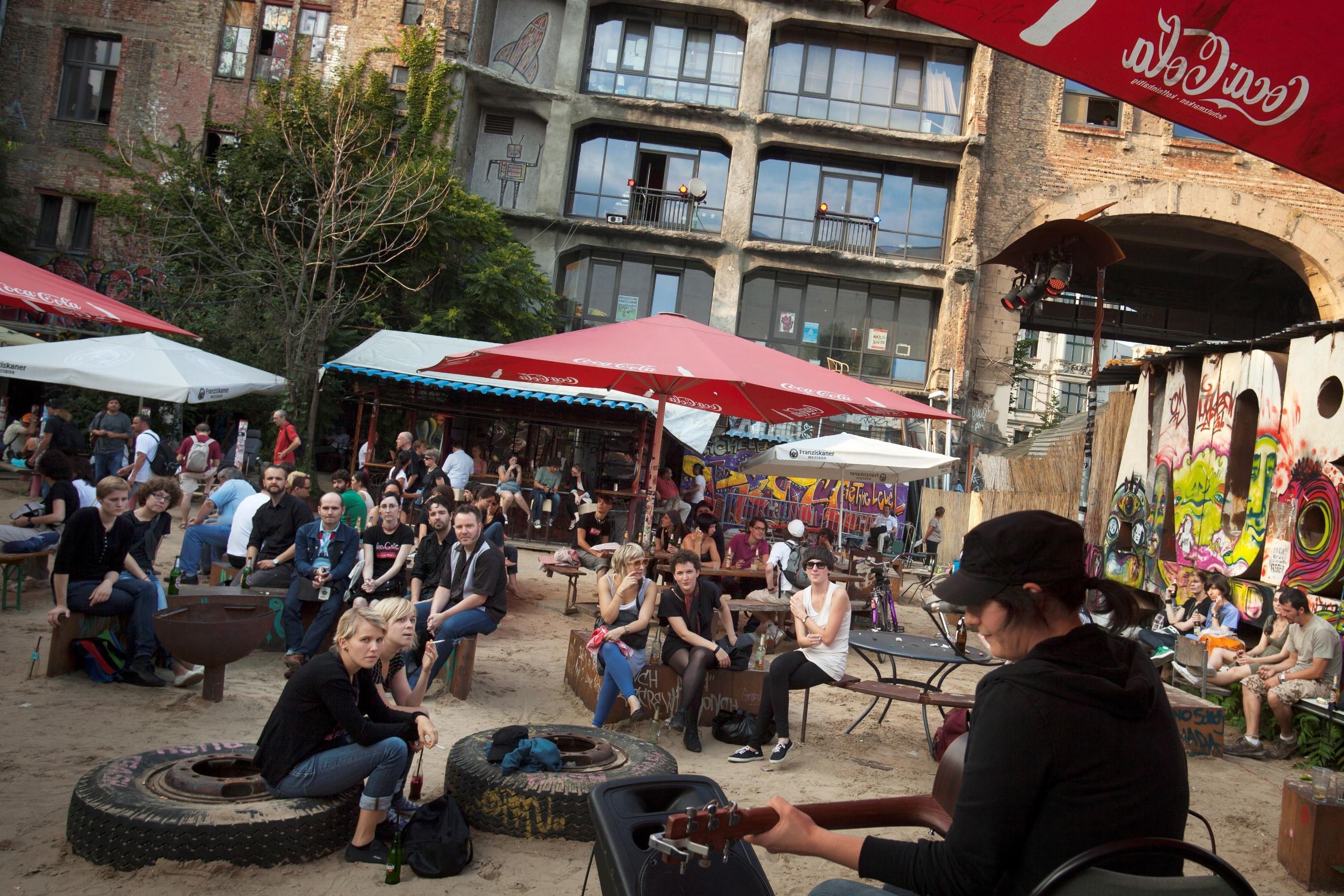Green initiative gets early support, but not enough to win vote

A proposal by environmentalists to limit urban sprawl in Switzerland enjoys widespread support nine weeks ahead of a nationwide vote next February. But pollsters say the chances of it being approved are slim.
The initiative, launched in 2015 by the youth wing of Green Party, wants to ban new development zones under certain conditions and to promote the creation of environmentally sustainable housing areas in urban areas.
They are seeking to outlaw the zoning of new construction land unless the respective surface area is compensated elsewhere. New buildings outside development zones would only be allowed under strict conditions.
The initiative also calls on the authorities to promote sustainable forms for housing and jobs in urban areas.
An opinion poll, carried out by the leading GfS Bern research instituteExternal link and published on Friday, found that supporters have a lead of more than 30%. For detail see chart below.
“Two-thirds of respondents are currently in favour of the proposal,” said GfS Bern director Lukas Golder. “However, the weaknesses of the initiative are already apparent.”
He points out that concerns about a damaging impact on the economy and fears about a possible rise in rents could easily swing the result on February 10.
Early support
It is still early days and campaigning has not started yet, but pollsters said the initiative mainly had the support of left-leaning citizens, particularly in French-speaking Switzerland.
Golder expects centrist and rightwing backers to reject the proposals.
With turnout expected to be below average, he believes the initiative is likely to win 30%-40% of the vote.
It is not unusual for a people’s initiative to start well, but ultimately fail to win a majority of votes, the GfS Bern institute said. The latest example was the cow horns initiative. It initially had the backing of 58% of respondents, but only 45% came out in favour at the ballot box in November.
Environment
Golder said the fact that Swiss voters in 2013 largely approved a law imposing a 15-year freeze on development areas might be a winning argument for opponents of the initiative.
In 2012, a controversial initiative limiting the number of new holiday homes was narrowly approved by voters, creating an upset especially in alpine tourist regions.
The latest Green Party initiative on urban sprawl is the first nationwide vote in 2019, which is likely to dominated by the parliamentary elections in October.
It remains to be seen to what extent the Greens can benefit from a good result in the February vote, but even a defeat is not expected to stop their increasing importance, notably in French-speaking Switzerland, Golder says.
This year, Swiss voters decided on a total of six people’s initiatives, rejecting all of them. Political experts argue there is little reason why this trend should change in the future.
With the high number of people’s initiatives coming to a vote in the past few years, voters have learned to properly weigh up the pros and cons of a proposal and generally they vote ‘No’ at the ballot box, says Golder.
It may also lead to noticeably fewer people’s initiatives being launched as the costs of such political activity may be too high.
The urban sprawl initiative is the 216th initiative to come to a nationwide vote since 1893. Only 22 of them won a majority.
Pollsters interviewed 3,028 Swiss citizens from all language regions across the country for the first of two nationwide surveys.
The survey is based on online responses as well as telephone interviews, both with fixed line and mobile phone users, and was carried out from December 4–13.
The margin of error is 2.9%.
The poll was commissioned by the Swiss Broadcasting Corporation (SBC), swissinfo.ch’s parent company, and carried out by the GfS Bern research institute.

In compliance with the JTI standards
More: SWI swissinfo.ch certified by the Journalism Trust Initiative















You can find an overview of ongoing debates with our journalists here . Please join us!
If you want to start a conversation about a topic raised in this article or want to report factual errors, email us at english@swissinfo.ch.